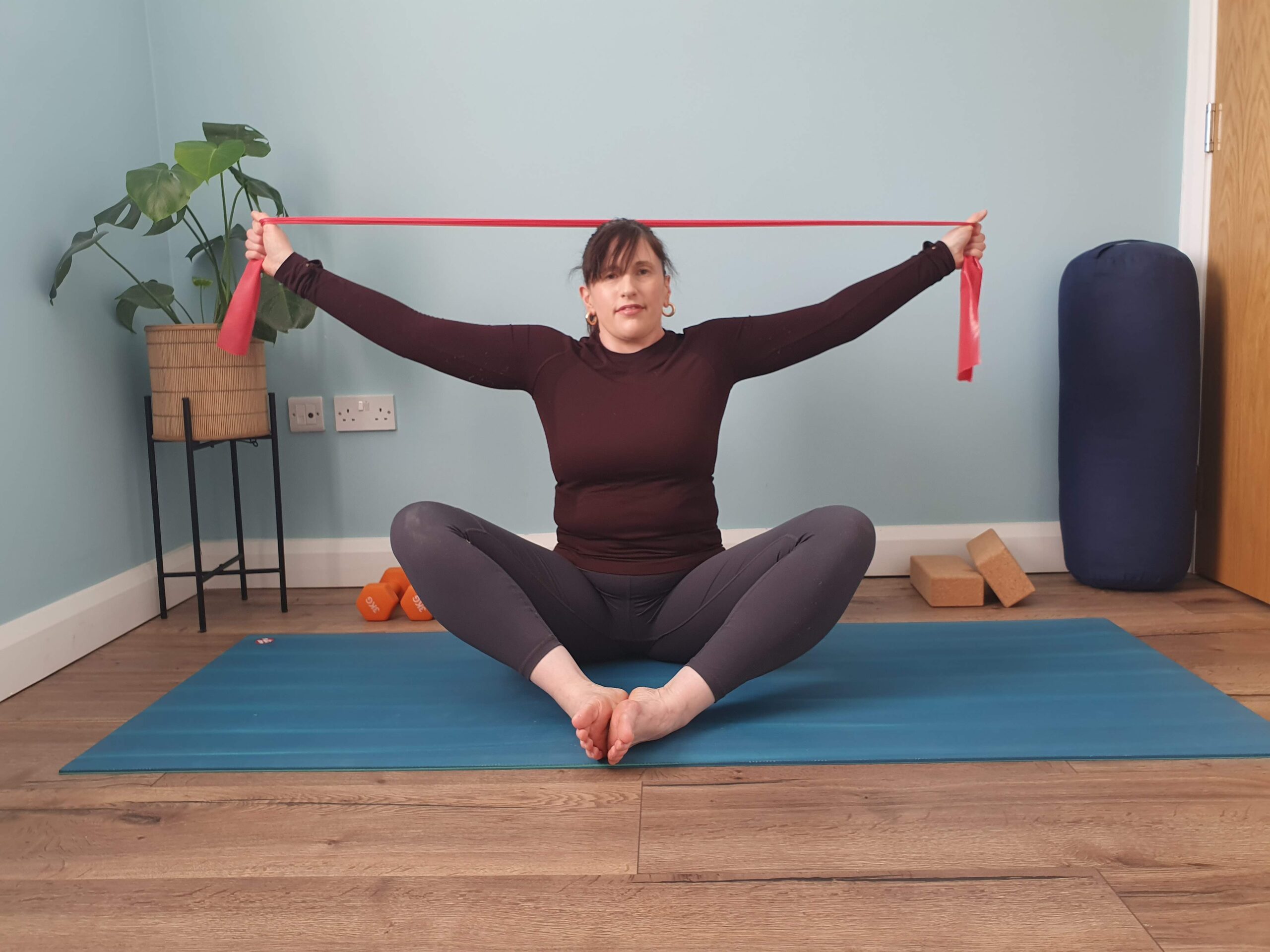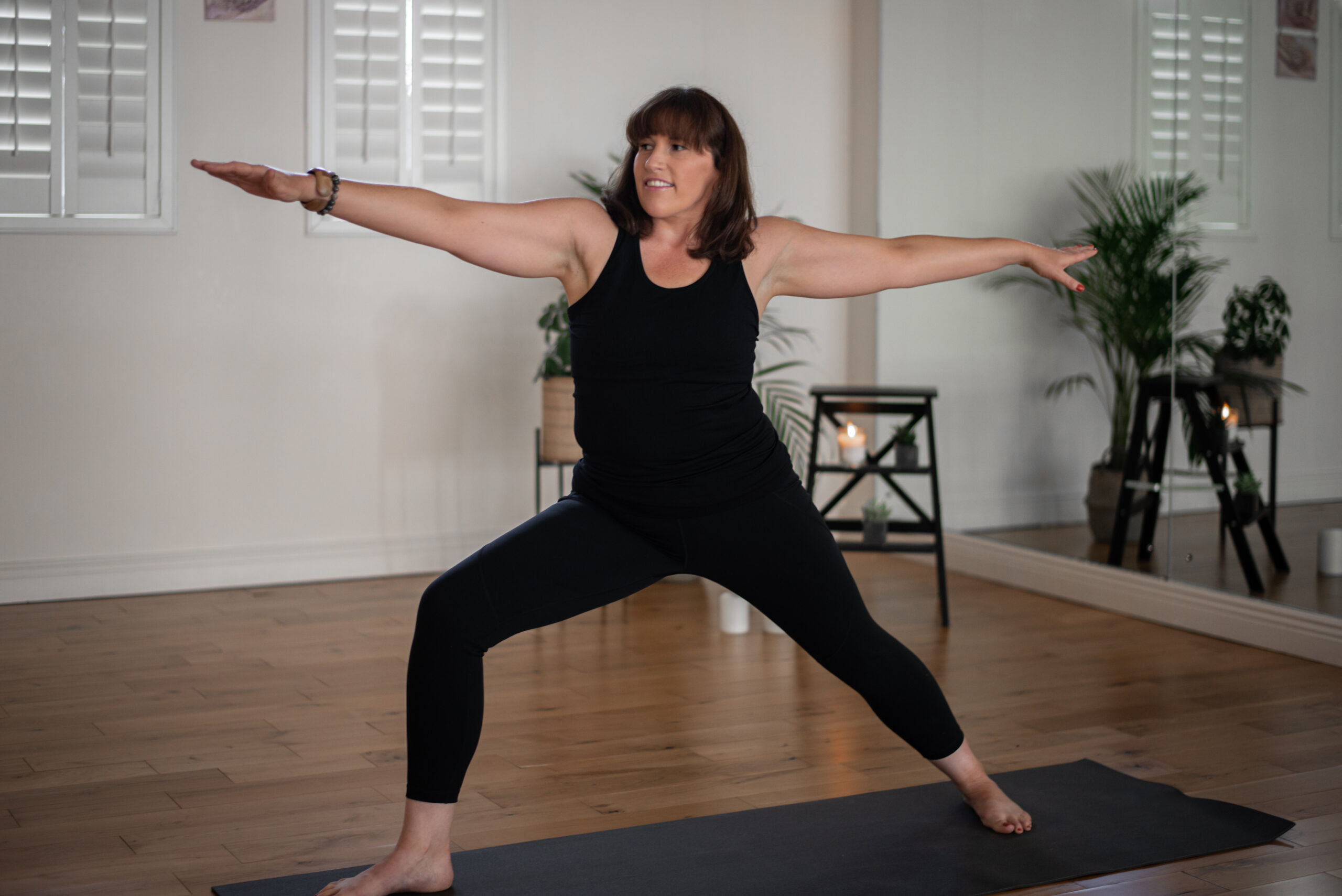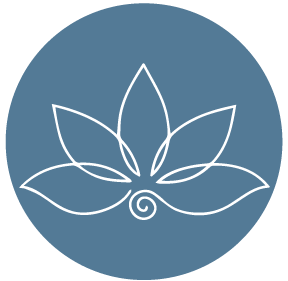It is estimated that 80% of Yoga students in the western world are women. All of those women will at some point go through the stages of Menopause. Some will suffer more than others, but most will struggle in some way with the transition, due in no small part to our cultures lack of understanding and awareness of the issue. Some of the struggle may also relate to our cultural obsession with youth. The natural process of aging in women is very often not accepted or acceptable in the public sphere and this can make it harder for women to come to terms with the symptoms of menopause as it can signify the transition from youthful beauty to the next beautiful phase of life.
Menopausal women can be made feel ‘less then’ by our youth and beauty obsessed society. As someone who has gone through early menopause, I have felt this deeply. For quite some time I felt a sense of shame about entering menopause early and it felt like a taboo subject. Luckily, things have changed perceptively over the last number of years. Menopause is getting a lot more air-time and it is becoming a lot less of a taboo subject. Women are becoming more informed about what may happen to their bodies and minds as they enter this transitional phase of like. There is a long way to go but its good to see some positive change happening.
Understanding the Role of Yoga in Managing Perimenopause and Menopause Symptoms
To Understand the role yoga might play in helping manage menopause symptoms, we must first understand the different stages of menopause
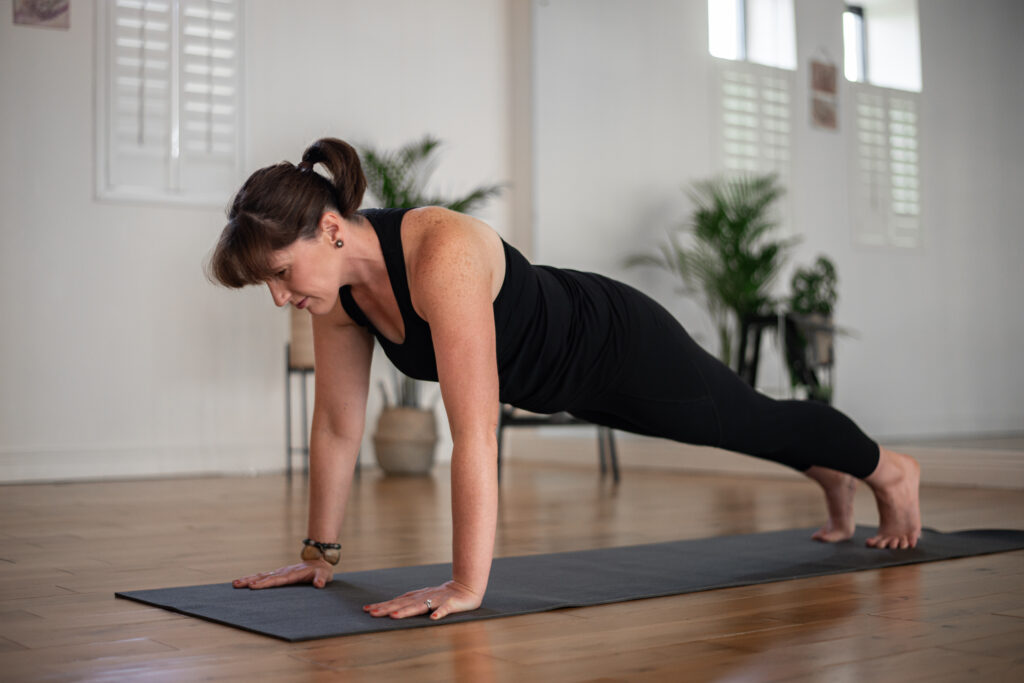
Pre-menopause
The main symptom here is one that most women might not even associate with menopause. It might happen years before menopause actually begins. Follicle stimulating hormone starts to rise. The levels of oestrogen and progesterone in our bodies begins to become more erratic. Our periods often become heavier, more painful, or lighter, less regular. Burnout is a very real risk during this period of time.
Yoga cannot regulate your periods in this stage but the right class can help you slow down and take better care of yourself. It can help you become more in tune with your body’s needs and to realise that it is ok and even beneficial to slow down sometimes. Yoga can help reduce the possibility of burn out – by calming and soothing the nervous system.
During this time the body has an excess of hormones to excrete and for that reason the liver many be more burdened. A gentle yoga class can be the perfect way to get some movement and exercise but in a way that maybe more nourishing for the body and may help the body recover from other types of more vigorous exercise.
So, for example a women who is a keen runner may benefit from dropping one run a week and replacing it with Yoga or a women who does hot yoga or ashtanga yoga may benefit from adding a restorative or gentle yoga class with an emphasis on rest.
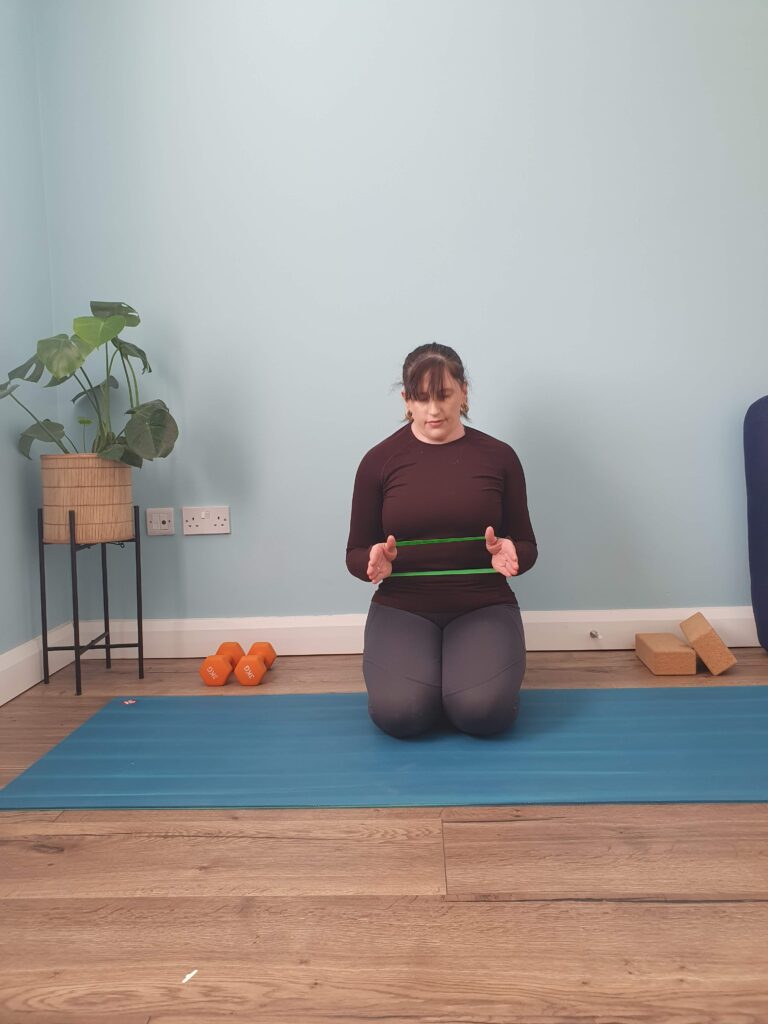
Perimenopause
Perimenopause is considered to be the years leading up to the complete cessation of a woman’s periods. For most the period of time is about 7-10 years. For some it is less, for some it could be 15 years.
During this phase women’s symptoms generally start to become more apparent although commonly, they may still be very unaware that what is happening to them and that what they are feeling is down to hormonal changes.
What is happening from a biological point of view at this stage is that the hormones oestrogen and progesterone and FSH are declining even further. Progesterone levels tend to fall quicker and Oestrogen is more up and down.
Again, Yoga is not a ‘cure’ for perimenopause does not have a magic ability to make all symptoms disappear, however for many it can perhaps help ease some of the more common side effects like hot flushes, insomnia, headaches, depression, fatigue.
More importantly perhaps, Yoga practises, meditation and mindfulness can help us come to terms with and accept the symptoms we are having.
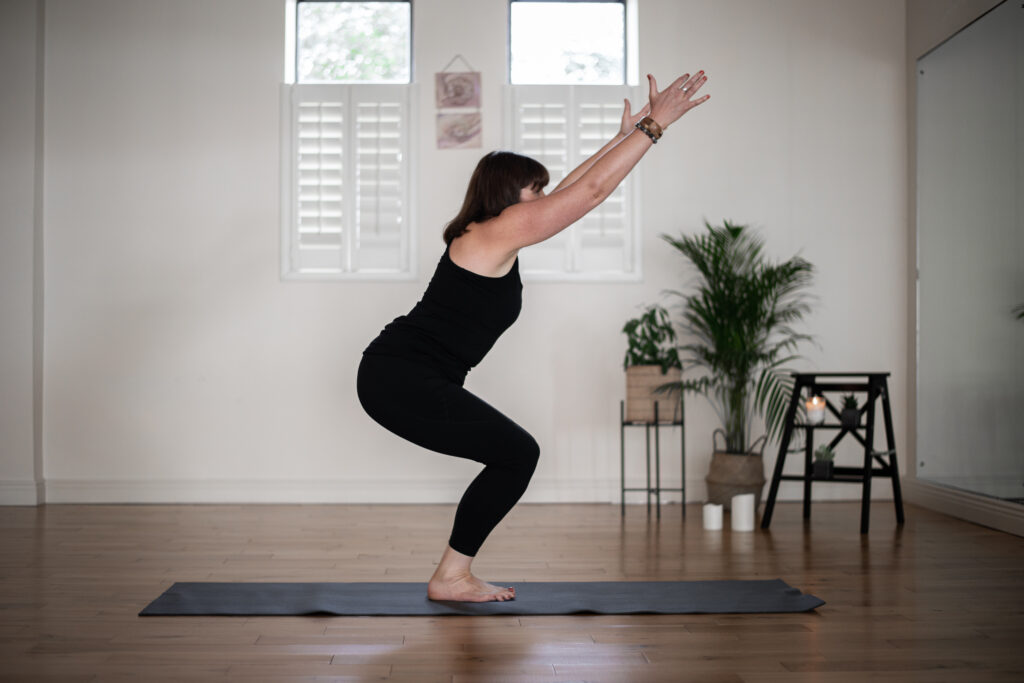
Post menopause
The menopause itself is really only a point in time – the day you have no periods for more than one year (two years if you are under 40). It is at that point that a diagnosis can be made and from that point on you are considered post-menopausal. A woman is then considered post-menopausal for the rest of her life.
In this post-menopausal phase a woman’s ovaries are nearly dormant and only produce tiny amounts of oestrogen. There is a small amount of oestrogen still produced in adipose tissue and adrenal glands (approximately 3% of what a woman had before pre-menopause). For many women the symptoms they experienced in perimenopause will continue for some time, maybe even years. For many more they will start to dissipate and maybe even disappear quite quickly. One theory is that the oestrogen receptors in our cells eventually die away but it is not fully understood yet.
How can Yoga Help?
Yoga can be a helpful tool for managing some of the health implications associated with menopause.
- Reducing hot flushes: Some studies have found that practicing yoga can help reduce the frequency and severity of hot flashes in menopausal women.
- Improving bone health: Weight-bearing yoga postures, such as standing poses and arm balances, can help build bone density and reduce the risk of osteoporosis. Stretchy bands and small weights and blocks can be used to increase these effects
- Managing stress and mood: Yoga is known for its stress-relieving benefits, and regular practice may help alleviate the mood swings, irritability, and depression that some women experience during menopause.
- Pelvic floor Health: Many Yoga postures and practises may help keep the pelvic floor healthy and reduce the risk of urinary incontinence.
- Improving overall health: Yoga is a low-impact exercise that can improve cardiovascular health, reduce inflammation, and boost the immune system, all of which can help mitigate some of the health implications of menopause.
Other ways to help accept and move through menopause:
Accepting and dealing with menopause can be a challenging process. Yoga is just one way to help the process but there are many other ways as well
- Educate yourself: Learning about the physical and emotional changes that come with menopause can help you feel more empowered and prepared for this transition.
- Seek support: Connecting with other women who are going through menopause can be helpful for feeling less alone and gaining insight into how others are managing their symptoms.
- Practice self-care: Taking care of yourself is important during menopause. This can include getting regular exercise, eating a balanced diet, getting enough sleep, and engaging in activities that bring you joy and relaxation.
- Consider therapy: Therapy can be a helpful tool for working through any emotional challenges that may arise during menopause, such as anxiety or depression.
- Explore complementary therapies: Some women find relief from menopausal symptoms through complementary therapies such as acupuncture, herbal medicine, or meditation.
- HRT: Discuss the pro’s and cons with your doctor. Many women manage just fine with out it and others find their lives are massively enhanced. There is no right or wrong way to approach menopause – only what works or doesn’t work for you.
- Be kind to yourself: Menopause is a natural process and it’s important to be kind to yourself as you navigate this transition. Give yourself permission to take things at your own pace and celebrate small victories along the way.
Remember, everyone’s experience of menopause is unique and there is no one “right” way to deal with it. It’s important to listen to your body and do what feels right for you.
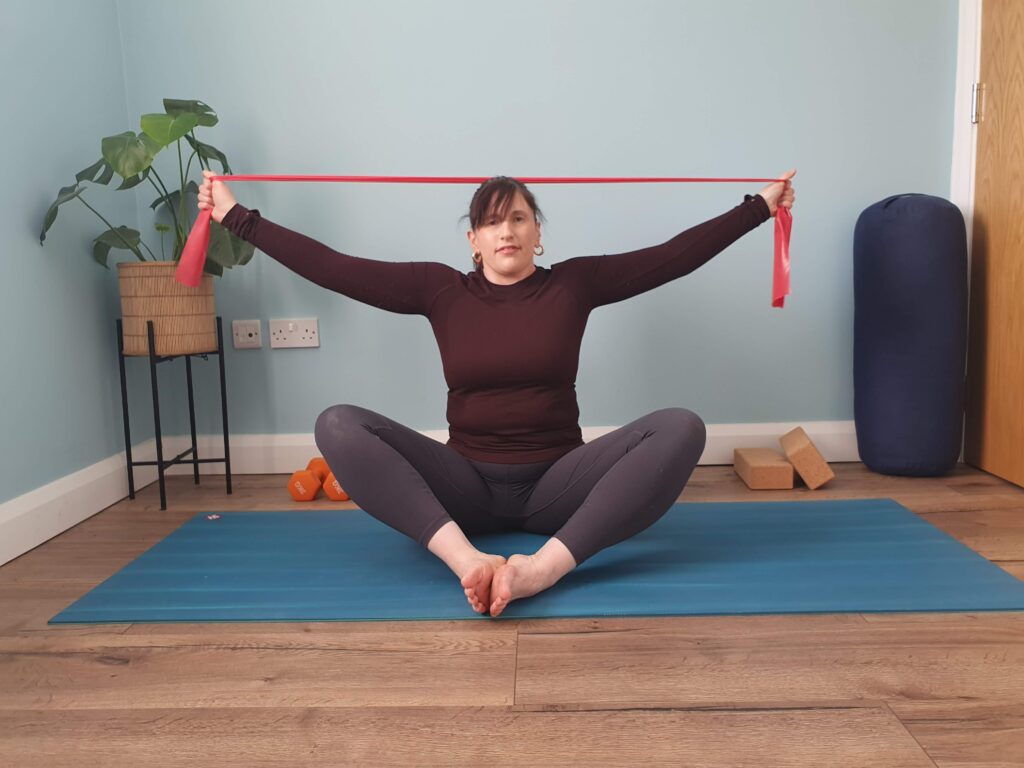
Classes in Dublin
If you live in Dublin and would like to try my Yoga classes I have a weekly class on Thursday mornings in St Fintans Parish Centre, Sutton, D13. 9.30-1030am. Claire@stretchityoga.ie
I also teach a monthly extended Yoga class for the Stages of Menopause at www.treeoflife.ie You can book this class through their website or just send me an email if you prefer.


